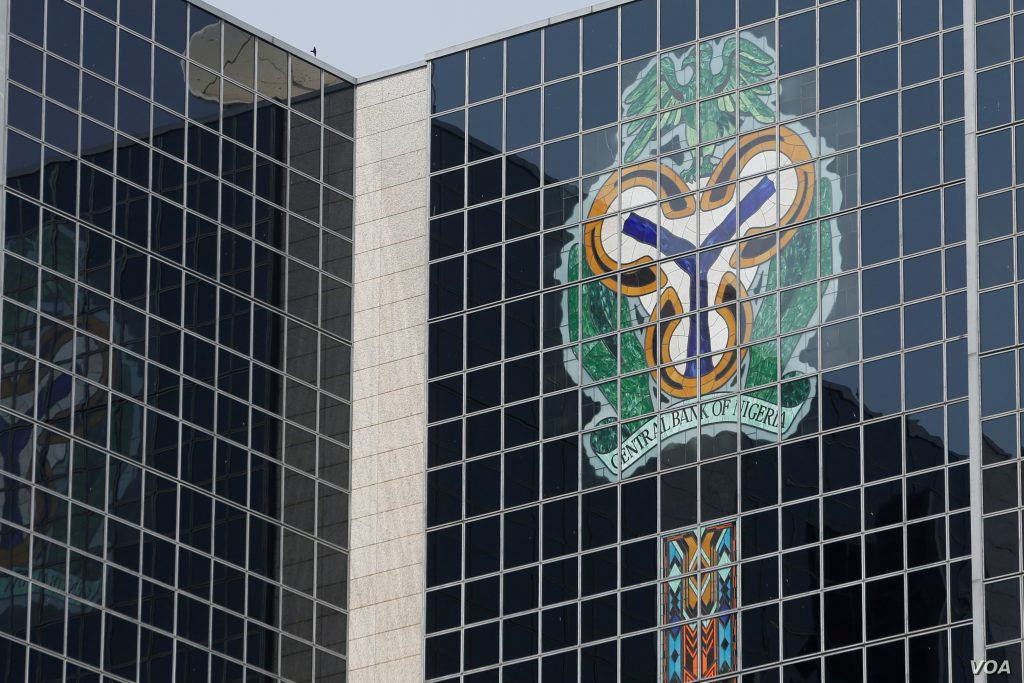Here are three big stories from Africa’s business and policy space that might have escaped your notice but are essential to keep on your radar this week:
CBN lifts foreign exchange ban of 43 restricted items
On Thursday, Nigeria’s Central Bank (CBN) announced a strategic shift in its approach to the foreign exchange market, aiming to enhance liquidity. This change also marked the end of an eight-year ban on 43 items previously restricted from accessing forex through official channels. These policies, initiated during the tenure of former Central Bank Governor Godwin Emefiele, were designed to strengthen the naira.
The items previously banned were essentials like rice, cement, fertiliser, cosmetics, toothpicks, and poultry. In 2015, the CBN introduced restrictions on 41 items, excluding them from the nation’s official Import and Export Window (I&E Window), forcing them to rely on the black market. In subsequent years, two more items faced similar restrictions in 2018 and 2020.
This recent policy shift signals a more flexible and responsive approach from the CBN and reflects a significant step towards promoting a more open and dynamic foreign exchange market. By boosting liquidity and revising these restrictions, the CBN aims to create a more adaptable economic environment, potentially benefitting various sectors and contributing to Nigeria’s economy’s overall growth and stability.
Summary of IMF and World Bank meeting in Marrakech
The week-long meetings of the International Monetary Fund (IMF) and World Bank, which concluded on Saturday, saw leaders and experts discuss crucial global economic issues. The conversations revolved around three main challenges: the increasing debt burden, rising inflation, and persistent conflicts worldwide. Another primary concern was the widening wealth gap between affluent and less privileged nations, highlighting the urgent need for fairer economic policies and international cooperation.
Furthermore, the urgent matter of climate change took centre stage. Leaders emphasised the necessity of more decisive, collective actions to combat this pressing issue. The meetings reinforced the importance of finding practical solutions, promoting fairness in wealth distribution, and adopting sustainable economic practices. Clearly, a unified global effort is crucial to address these challenges effectively. By working together, the international community can pave the way for a more stable, equitable, and environmentally sustainable future for everyone.
Ghana’s inflation dropped year-on-year in September.
In September, Ghana’s inflation rate, which measures how prices of goods and services rise, dropped to its lowest point in a year, giving the country’s central bank some breathing room. An official announced that the yearly inflation rate decreased from 40.1% in August to 38.1%. The main reason for this decline was lower food prices, from 51.9% in August to 49.4%. On the other hand, prices of items other than food increased slightly from 30.9% in August to 29.3%. Every month, prices rose by 1.9%.
Inflation rates had dropped to 40.1% in August from 43.1% in July—a 10-month low. The steady decrease in inflation allows the central bank to keep borrowing costs stable in the upcoming month. The Bank of Ghana had earlier predicted that inflation would be around 29% by the end of the year. The latest development suggests positive trends in Ghana’s economy, making it a hopeful sign for its financial stability. More so, the country’s inflation rate improvement indicates that measures taken to manage the economy are beneficial, allowing consumers some relief from the soaring prices.
ICYMI: Market roundup
The NGX All-Share Index rose by +67.50 ( +0.10%) last week, 13th of October, to close at 67,200.69 points.
The top gainers include Airtel Africa +10.00%, Golden Guinea Brew Ltd +9.84%, University Press +9.77%, Academy Press +9.71% and Ellah Lakes +9.57%. The top decliners were Etranz -10.00%, Stanbic IBTC Bank Plc -10.00%, VDF Group Plc 9.99%, Livingtrust Mortgage Bank Plc 9.96% and Mrs 9.96%.
The Nigerian naira started the week at N766.71/$1 to close the week in significant gain at N770.01/$1.
Brent crude closed the week at $90.80, while US West Texas Intermediate (WTI) crude closed at $87.69.
According to data from Coinmarketcap, the global cryptocurrency market cap stood at $1.06 trillion on Sunday, 15th of October, a 0.65% increase over the last day. Bitcoin rose by 0.71% to trade at $27,060.60, Ethereum rose by 0.38% to trade at $1,561.44, and Binance Coin rose by 1.57% to trade at $209.85- over the last day.
South Africa’s Sanari Capital raises $65 million in 2nd close of a new growth fund.
IFC invests $50 million in new LeapFrog fund to bolster Africa’s health and financial services businesses.
Nigerian Insurtech startup Haba raises $75,000 pre-seed funding.
Senegalese FMCG intelligence startup Lengo AI secures pre-seed funding round.
Egyptian Insurtech startup Amenli raises $1 million in funding to fuel growth.
Cameroonian startup Koree wins $50,000 top prize at Ecobank Fintech Challenge.
Egyptian delivery management startup Roboost secures McDonald’s partnership.
South African startup Cue raises $500,000 in funding to advance AI-powered customer service.




